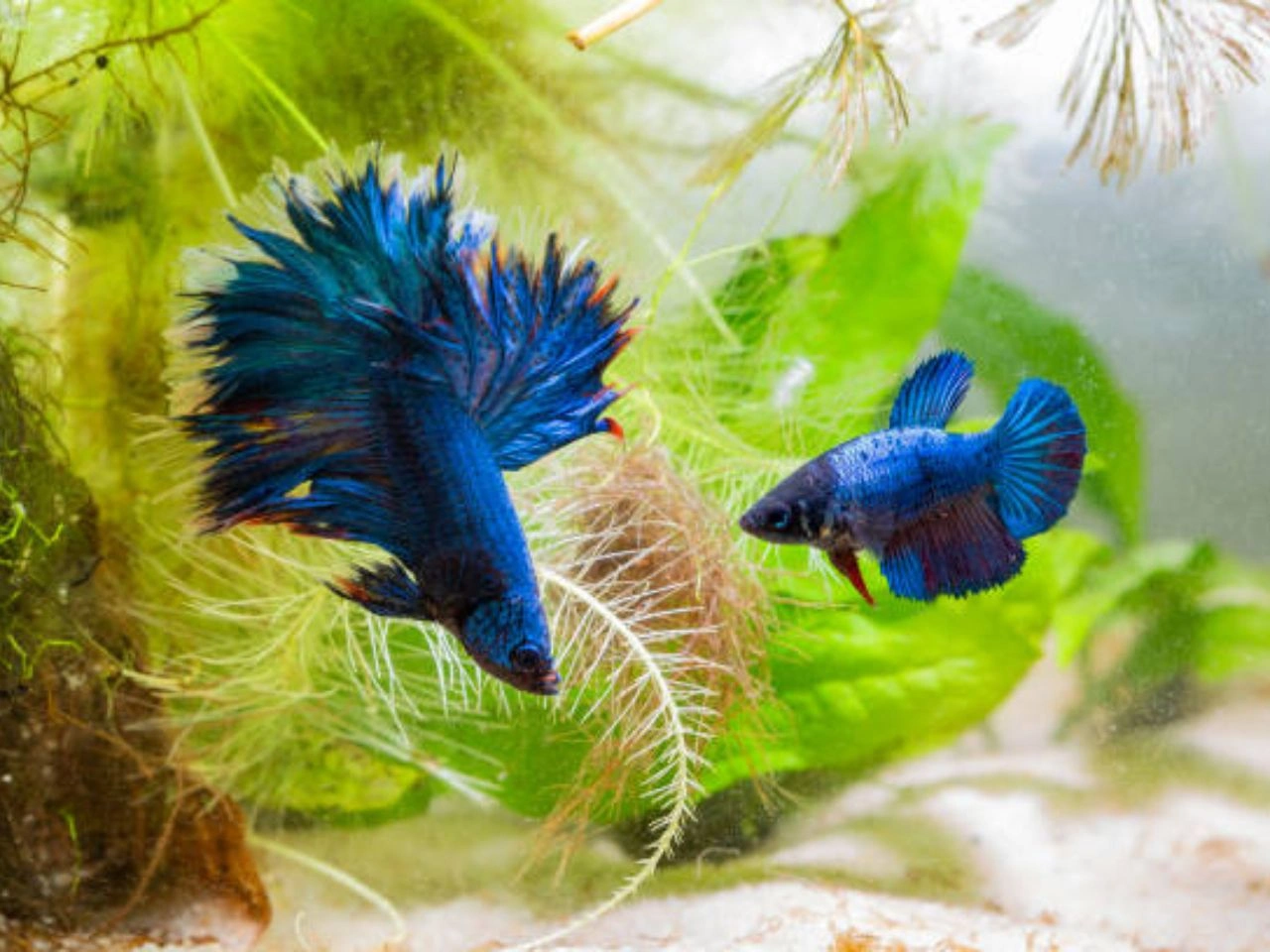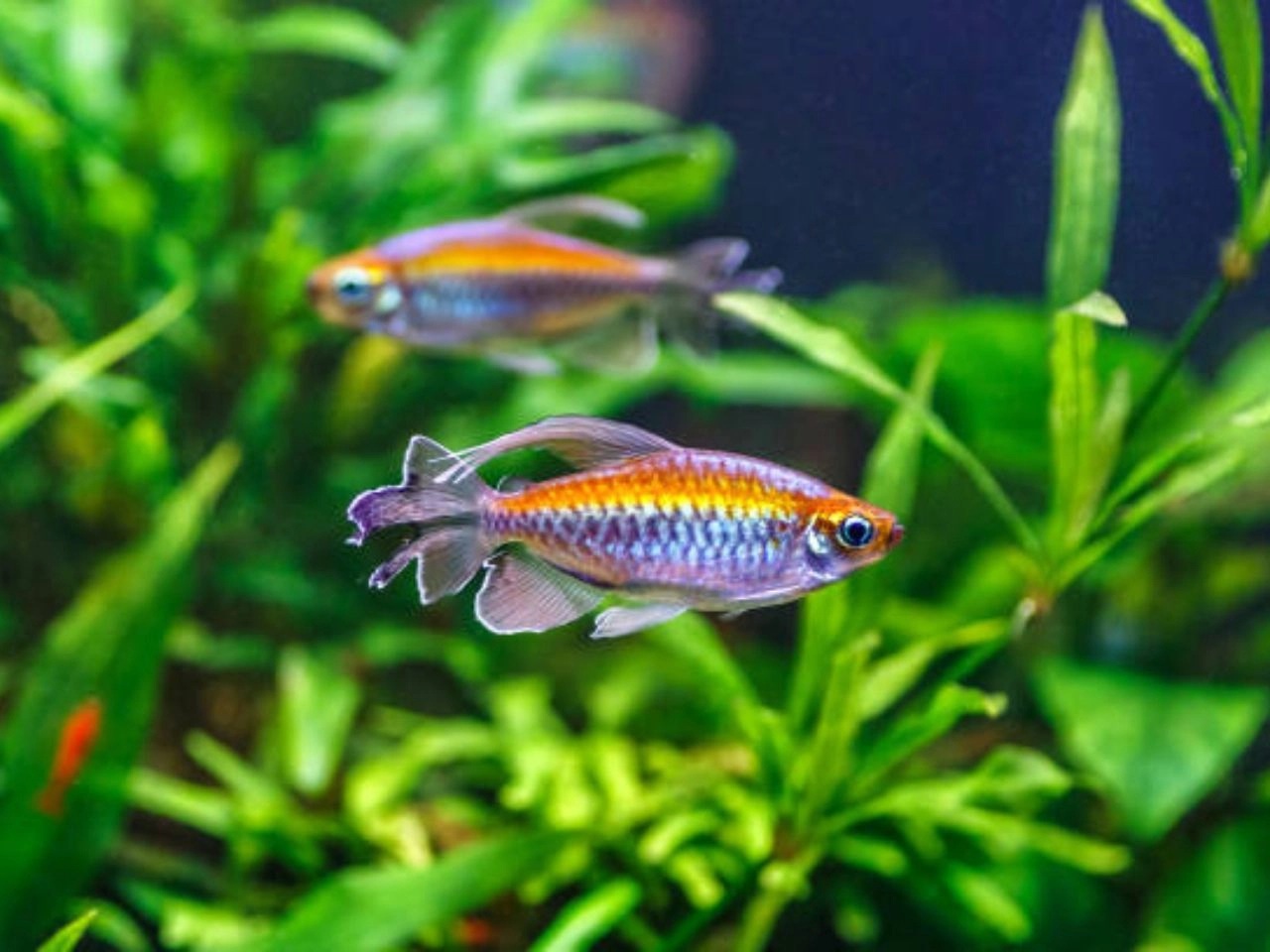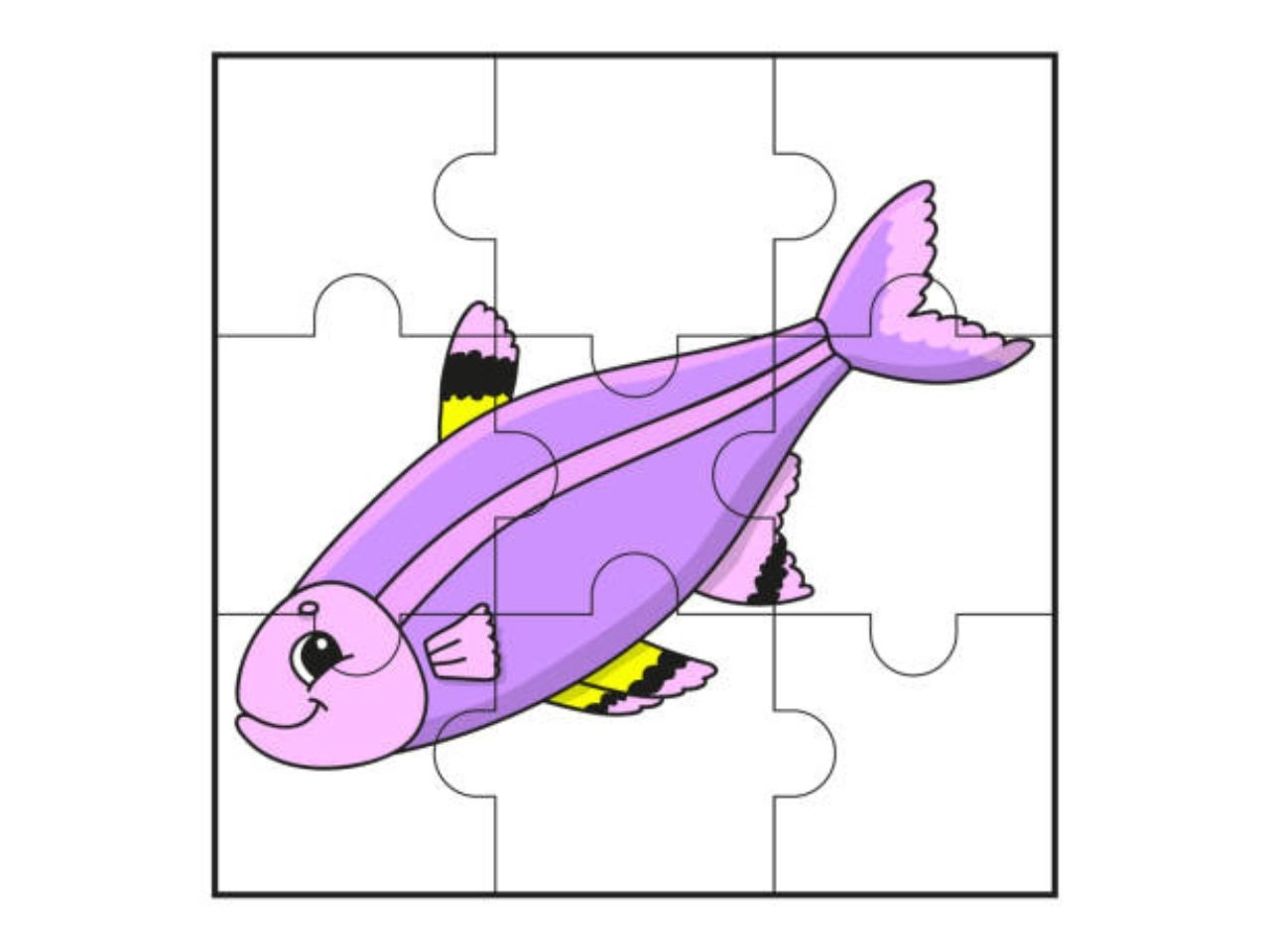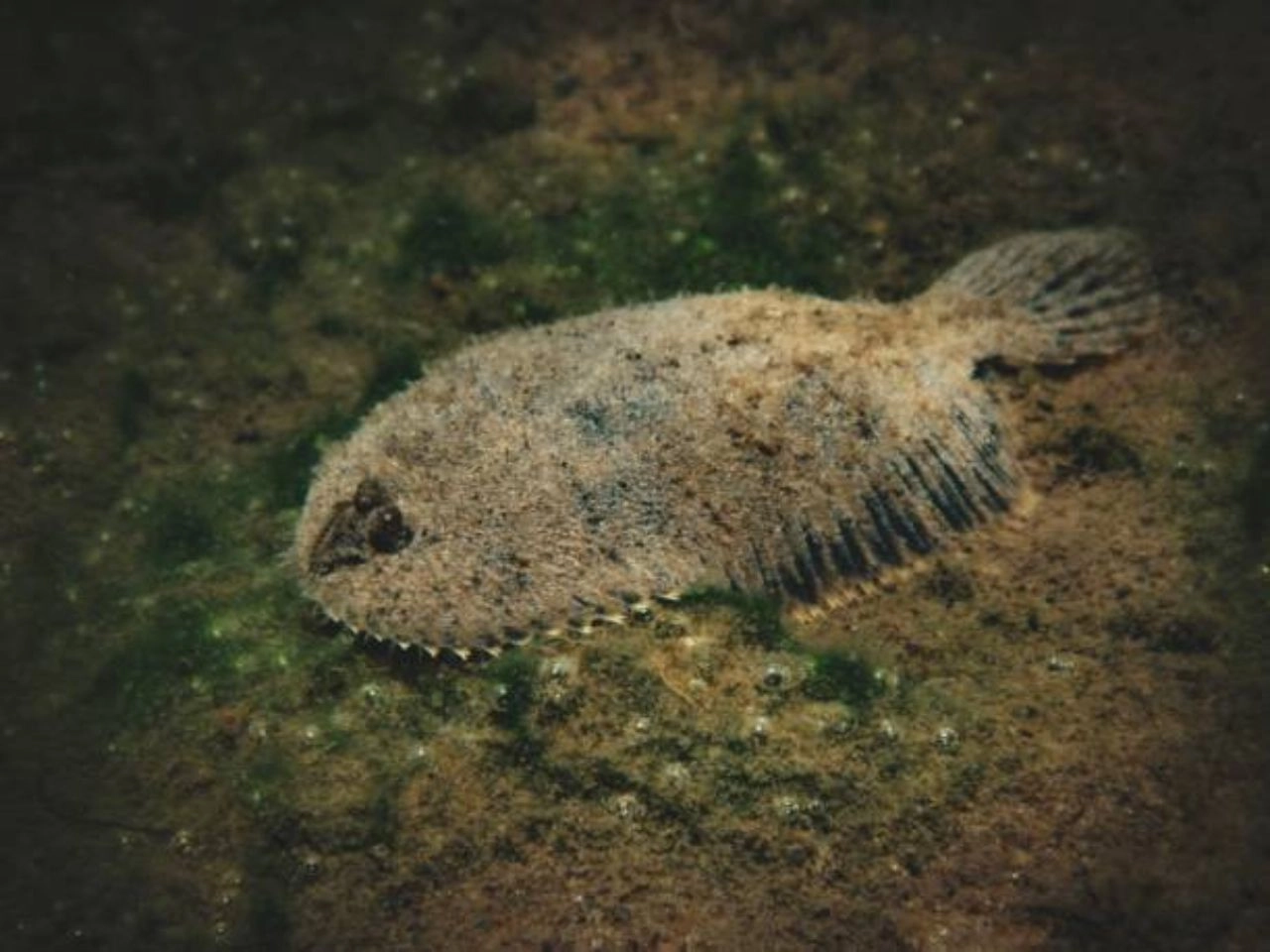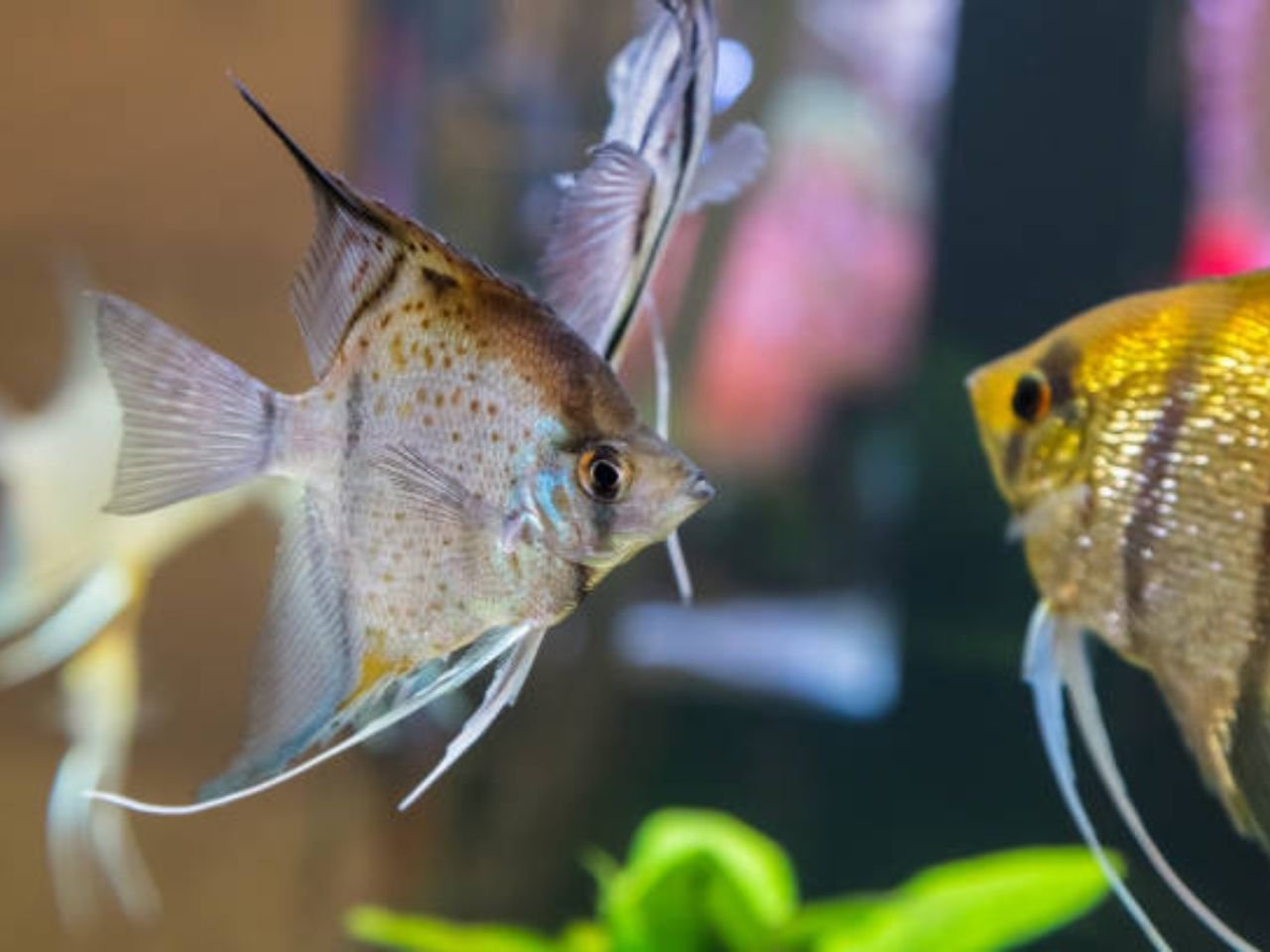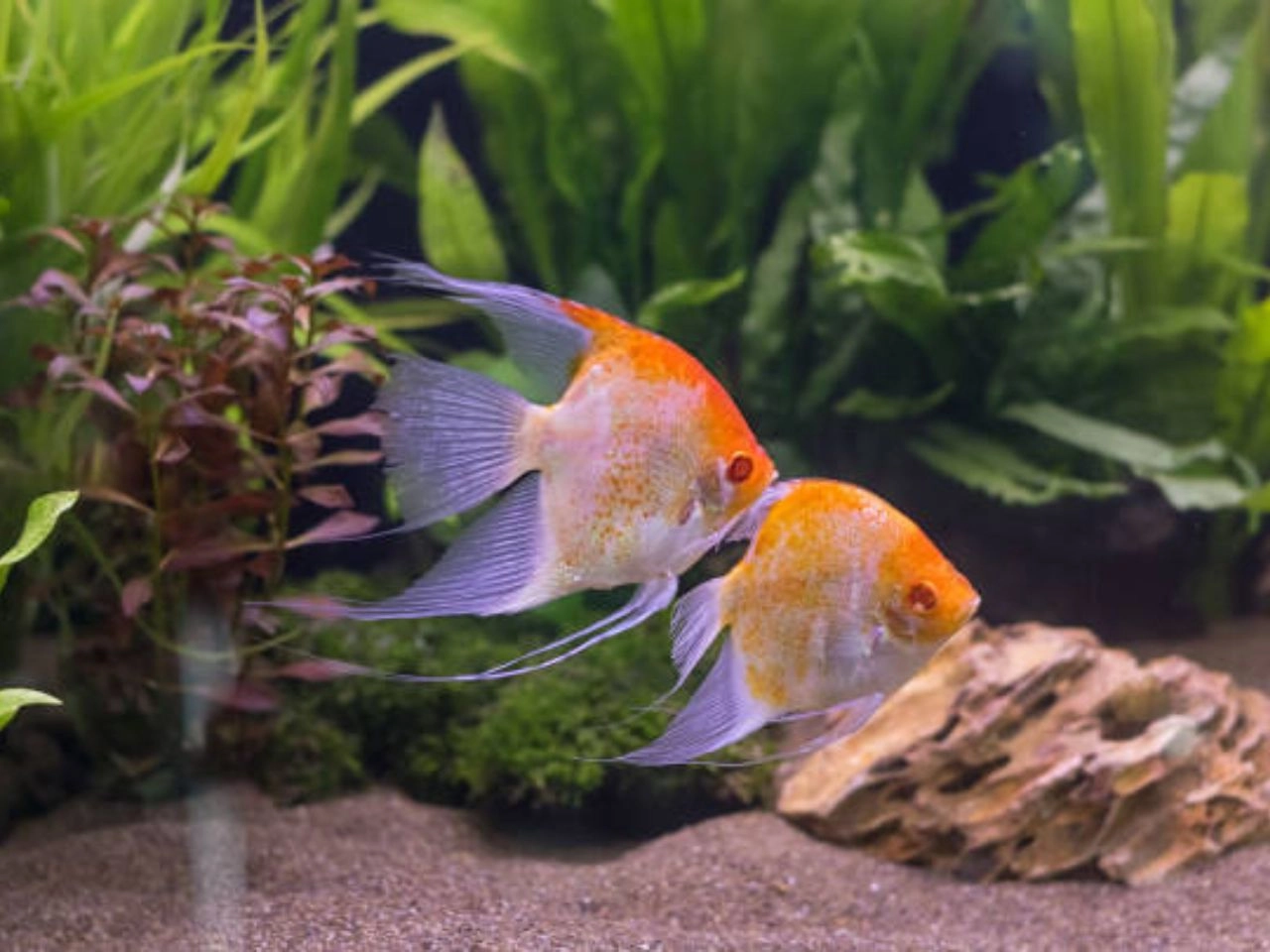Rare Discus Fish are vibrant, freshwater fish known for their striking colors and unique patterns. They thrive in warm, soft, acidic water environments.
Discus fish, often called the “kings of the aquarium,” captivate enthusiasts with their vibrant hues and intricate designs. Originating from the Amazon River basin, these fish require specific water conditions to flourish. Maintaining a stable temperature and pH level is crucial for their health.
Discus fish are social creatures and prefer to live in groups, which helps reduce stress. Their diet includes high-quality flakes, pellets, and occasional live foods. Due to their unique care needs, they are best suited for experienced aquarists. Proper care ensures these stunning fish remain healthy and vibrant, making them a prized addition to any aquarium.
Rare Discus Fish
Discus fish are beautiful and rare. They come from the Amazon River. Their colors are bright and attractive. Many fish lovers admire them. They are special due to their unique patterns and colors.
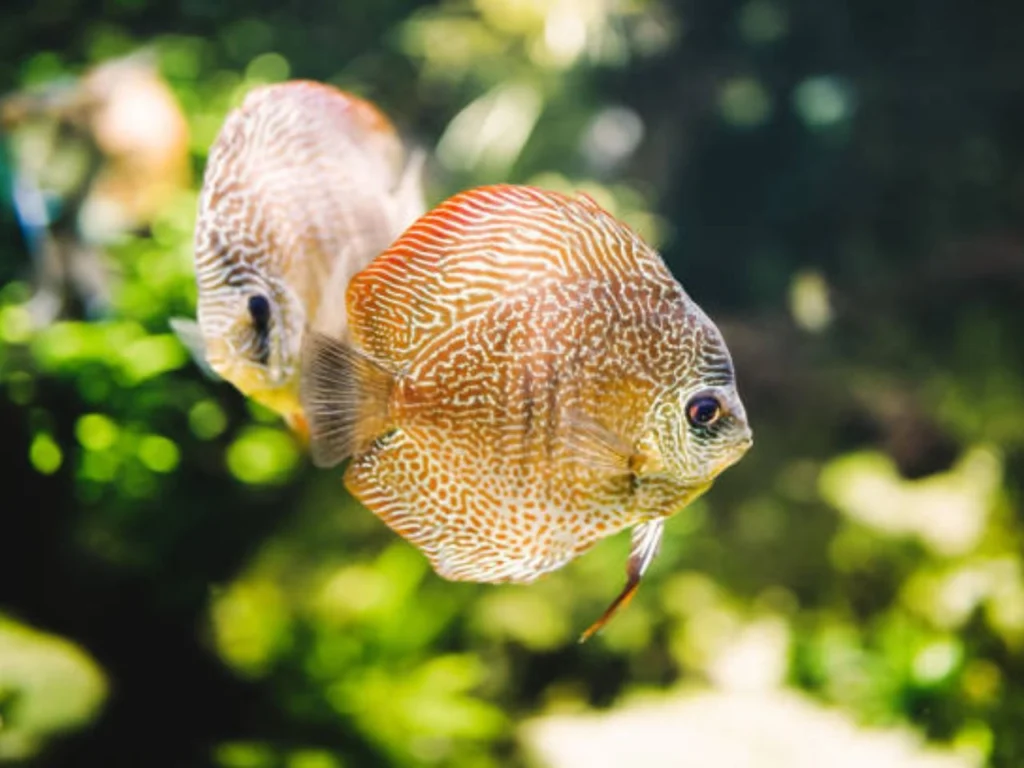
The Allure Of Discus Fish
Discus fish have a round shape. Their colors range from red to blue. This makes them stand out. They move gracefully in the water. Watching them swim can be relaxing.
Many people keep them in aquariums. They add beauty to any tank. Their vibrant colors catch the eye. They are known as the “kings of the aquarium.”
Species Spotlight
| Species | Color | Pattern |
|---|---|---|
| Blue Diamond Discus | Blue | Solid |
| Red Turquoise Discus | Red and Blue | Striped |
| Leopard Discus | Red | Spotted |
Setting Up The Perfect Tank
Creating the ideal environment for rare Discus Fish requires attention to detail. This guide will help you set up the perfect tank for your Discus Fish. Follow these steps to ensure a healthy and vibrant habitat.
Choosing The Right Aquarium
The first step is selecting the right aquarium. Discus Fish need space to swim and grow. A larger tank is better. A 50-gallon tank is a good start.
| Tank Size | Number of Fish |
|---|---|
| 50 gallons | 5-6 Discus |
| 75 gallons | 7-8 Discus |
| 100 gallons | 10-12 Discus |
Essential Equipment For Discus Habitat
Discus Fish need specific equipment to thrive. Below is a list of essential items:
- Filter: Use a high-quality filter to keep the water clean.
- Heater: Maintain a steady temperature between 82-86°F.
- Thermometer: Monitor the tank temperature regularly.
- Air Pump: Ensure proper oxygen levels with an air pump.
- Lighting: Provide moderate lighting for 8-10 hours a day.
The filter should have a gentle flow. Discus Fish prefer calm waters. Place the heater and thermometer on opposite sides of the tank. This ensures even heating.
Use an air pump to create bubbles. This helps with oxygenation. Good lighting enhances the colors of your Discus Fish. Avoid strong lights; they can stress the fish.
With the right setup, your Discus Fish will thrive. A proper tank environment ensures their health and happiness.
Water Parameters For Discus Health
Maintaining the right water parameters is crucial for discus fish health. These sensitive fish thrive in very specific conditions. Proper water parameters ensure they remain vibrant and disease-free.
Temperature And Ph Balance
Discus fish require warm water. The ideal temperature range is 82°F to 86°F (28°C to 30°C). Use a reliable heater to maintain this temperature.
pH balance is equally important. Discus fish prefer slightly acidic water. Keep the pH between 6.0 and 7.0. Regularly test the water to ensure this balance is maintained.
Water Hardness And Purity
Water hardness affects discus health. They thrive in soft water. The ideal hardness range is 1 to 4 dGH (degrees of General Hardness).
Purity is also critical. Use a good water filter to remove impurities. Change 10-15% of the water weekly. Avoid sudden changes in water parameters.
| Parameter | Ideal Range |
|---|---|
| Temperature | 82°F to 86°F (28°C to 30°C) |
| pH | 6.0 to 7.0 |
| Water Hardness | 1 to 4 dGH |
- Use a reliable heater to maintain temperature.
- Regularly test pH levels.
- Change 10-15% of the water weekly.
- Use a good water filter.
Proper water parameters are essential for discus health. Make sure to monitor them regularly.
Feeding Your Discus Fish
Proper feeding is crucial for the health of your Discus Fish. These fish have specific dietary needs to thrive. A balanced diet ensures vibrant colors and optimal growth.
Dietary Needs
Discus Fish require a varied diet. They need high protein and some fiber. You should feed them at least twice a day. Avoid overfeeding to maintain water quality.
Include the following in their diet:
- High-quality flakes
- Pellets
- Frozen or live foods
Best Foods For Color And Growth
Foods that enhance color and growth are essential. They help your Discus Fish look their best. These foods include:
- Bloodworms
- Brine shrimp
- Beef heart
Consider using a feeding schedule. Here is a simple table for reference:
| Time | Food Type |
|---|---|
| Morning | High-quality flakes |
| Afternoon | Frozen or live foods |
| Evening | Pellets |
Tank Maintenance Routines
Proper tank maintenance is essential for the health of rare discus fish. A clean tank ensures your fish stay happy and vibrant. Follow these routines to maintain a healthy environment.
Regular Cleaning Schedule
Set a cleaning schedule to keep the tank clean. Regular cleaning reduces harmful bacteria and keeps water quality high. Follow this schedule:
- Daily: Remove uneaten food and check fish health.
- Weekly: Change 20-25% of the water and clean the glass.
- Monthly: Deep clean the substrate and decorations.
Filter Management
Filters are crucial for maintaining water quality. They remove waste and toxins from the tank. Follow these steps for proper filter management:
- Check filters weekly: Ensure they are working well.
- Clean filters monthly: Remove debris and rinse in tank water.
- Replace filter media: Change as per the manufacturer’s instructions.
| Tank Maintenance Checklist | |
| Task | Frequency |
|---|---|
| Remove uneaten food | Daily |
| Check fish health | Daily |
| Change water | Weekly |
| Clean glass | Weekly |
| Deep clean substrate | Monthly |
| Clean decorations | Monthly |
| Check filters | Weekly |
| Clean filters | Monthly |
| Replace filter media | As needed |
Health And Disease Prevention
Maintaining the health of your rare Discus fish is crucial. Discus fish are sensitive and require special care. Understanding common ailments and preventative care strategies can help you keep your Discus fish healthy and happy.
Common Discus Ailments
Discus fish are prone to several health issues. Knowing these common ailments can help you act quickly:
- Ich: White spots on the fish’s body and fins.
- Fin Rot: Frayed or discolored fins.
- Hole-in-the-Head Disease: Small holes or pits on the head.
- Gill Flukes: Labored breathing and inflamed gills.
- Bacterial Infections: Red sores or ulcers on the body.
Preventative Care Strategies
Preventative care is vital for Discus fish health. Follow these strategies to minimize health issues:
- Water Quality: Keep water clean and stable. Use a good filter.
- Regular Water Changes: Change 25% of the water weekly.
- Proper Diet: Feed high-quality food. Avoid overfeeding.
- Quarantine New Fish: Isolate new fish for two weeks.
- Monitor Behavior: Watch for signs of stress or illness.
- Maintain Temperature: Keep water temperature between 82-86°F (28-30°C).
By following these steps, you can help your rare Discus fish thrive. Regular care and attention are key to preventing disease and ensuring a long, healthy life for your fish.
Breeding Rare Discus Fish
Breeding rare discus fish can be a rewarding experience. These fish have unique colors and patterns. They need special care and attention to breed successfully. In this post, we will explore the steps to breed these beautiful fish.
Creating The Ideal Breeding Environment
To breed discus fish, you need a specific environment. The water must be clean and warm. Keep the temperature between 82°F and 86°F (28°C to 30°C). The pH level should be between 6.0 and 6.5.
Use a breeding tank with at least 20 gallons of water. Add a flat surface like a slate or a cone. The fish will lay eggs on this surface. Ensure good filtration but avoid strong currents.
| Parameter | Ideal Range |
|---|---|
| Temperature | 82°F – 86°F (28°C – 30°C) |
| pH Level | 6.0 – 6.5 |
| Tank Size | At least 20 gallons |
Caring For Fry
After the eggs hatch, the fry need special care. Feed them small foods like baby brine shrimp. Make sure the water is clean and warm. Change 10% of the water daily.
- Feed small foods like baby brine shrimp.
- Keep the water clean and warm.
- Change 10% of the water daily.
As the fry grow, increase the variety of foods. Introduce finely crushed flakes and other small foods. Monitor their growth and health regularly.
Aquascaping For Discus Tanks
Discus fish are a vibrant addition to any aquarium. They thrive in well-designed tanks that mimic their natural habitat. Aquascaping plays a crucial role in maintaining their health and happiness.
Plants And Substrate
Choosing the right plants is essential for a Discus tank. Hardy plants like Amazon Swords and Java Ferns are ideal. These plants withstand the warm water temperatures Discus fish need.
Floating plants are also beneficial. They provide shade and help reduce light intensity, mimicking the Discus fish’s natural environment. Duckweed and Water Lettuce are good choices.
A suitable substrate is vital. Sand or fine gravel works best. These substrates are soft and mimic the natural riverbeds where Discus fish originate.
Creating Hiding Spots And Territories
Discus fish are shy and need hiding spots. Use driftwood, rocks, and dense plant clusters to create these areas. These hiding spots reduce stress and make the fish feel secure.
Discus fish are territorial. They need distinct areas to claim as their own. Create separate zones using plants and decorations. This helps reduce aggression and promotes a harmonious tank environment.
Social Dynamics And Tank Mates
Rare Discus Fish are known for their vibrant colors and graceful swimming. They are social creatures and enjoy the company of other fish. Understanding their social dynamics is crucial for their well-being. Choosing the right tank mates can enhance their life.
Choosing Compatible Species
Discus Fish are peaceful and need calm tank mates. Aggressive fish can stress them out. Here are some compatible species:
- Cardinal Tetras
- Rummy Nose Tetras
- Neon Tetras
- Corydoras Catfish
- Rasboras
These species are small and peaceful. They won’t compete for food. They share similar water conditions with Discus Fish.
Managing Aggression
Even in a peaceful tank, aggression can happen. Some Discus Fish may become territorial. To manage aggression, follow these tips:
- Provide plenty of hiding spaces.
- Ensure the tank is spacious.
- Feed them regularly to avoid competition.
- Monitor their behavior often.
Use plants, rocks, and decorations to create territories. This helps reduce conflicts. A large tank allows more room for each fish. Regular feeding reduces competition for food. Always keep an eye on their interactions.
Here’s a simple table to summarize:
| Tip | Description |
|---|---|
| Hiding Spaces | Use plants, rocks, and decorations. |
| Spacious Tank | A large tank reduces conflicts. |
| Regular Feeding | Feed them to avoid food fights. |
| Monitor Behavior | Keep an eye on interactions. |
Advanced Tips For Discus Enthusiasts
Discus fish are beautiful and rare. They need special care. Below are advanced tips for enthusiasts. These will help your discussion thrive.
Lighting Techniques
Proper lighting is crucial for discussion. They need low to moderate light. Bright lights stress them. Use dimmable LED lights. This helps control light intensity.
Set a timer for your lights. Discus need a consistent light schedule. 10-12 hours of light per day is ideal. This mimics their natural habitat.
Use light diffusers. These soften the light. They reduce stress for your discus. Your fish will be happier and healthier.
Supplemental Co2 Benefits
Discus tanks often have plants. Plants need CO2 to grow well. Supplemental CO2 can help. This creates a balanced environment.
Healthy plants produce oxygen. This benefits your discus. They will have better water quality. It also reduces algae growth.
Use a CO2 diffuser. This ensures even CO2 distribution. Your plants will absorb it better. Choose a system that fits your tank size.
Monitor CO2 levels closely. Too much CO2 can harm fish. Use a CO2 indicator. This helps keep levels safe.
Troubleshooting Common Issues
Rare Discus Fish are beautiful and delicate. Keeping them healthy requires attention. Sometimes, issues arise. This section helps solve common problems.
Dealing With Algae
Algae can grow in your Discus tank. It makes the tank look dirty. Algae can also harm the fish. Here are steps to control algae.
- Limit light exposure to 8 hours a day.
- Use algae-eating fish like Plecos.
- Clean the tank glass weekly.
- Remove uneaten food quickly.
Water Quality Fluctuations
Discus Fish need stable water quality. Sudden changes stress them. Stress can make them sick. Here’s how to keep the water stable.
- Test water weekly for pH, ammonia, nitrites, and nitrates.
- Keep pH between 6.0 and 7.0.
- Change 25% of the water every week.
- Use a good filter to remove waste.
Below is a table to help you monitor water quality:
| Parameter | Ideal Range |
|---|---|
| pH | 6.0 – 7.0 |
| Ammonia | 0 ppm |
| Nitrites | 0 ppm |
| Nitrates | Below 20 ppm |
FAQ(Rare Discus Fish Care)
What Is The Most Expensive Discus?
The most expensive discus is the Albino Platinum Discus. It can cost up to $500 per fish due to its rarity and striking appearance.
What Is The Unique Discus Fish?
The unique discus fish, known for its vibrant colors and round shape, hails from the Amazon River basin. They thrive in warm, soft, acidic water and require specific care, making them a popular choice among experienced aquarium enthusiasts.
How Many Strains Of Discus Are There?
There are over 50 strains of discus fish. Popular strains include Blue Diamond, Red Melon, and Pigeon Blood.
What Are The Wild Discus Strains?
Wild discus strains include Heckel, Green, Blue, and Brown. These strains originate from the Amazon River basin. Each strain has unique color patterns and habitat preferences.
Discus fish captivate enthusiasts with their vibrant colors and unique patterns. Their care demands attention to water quality and diet. By understanding their needs, you can successfully keep these beautiful creatures. Embrace the challenge and enjoy the rewarding experience of raising rare discus fish in your aquarium.

